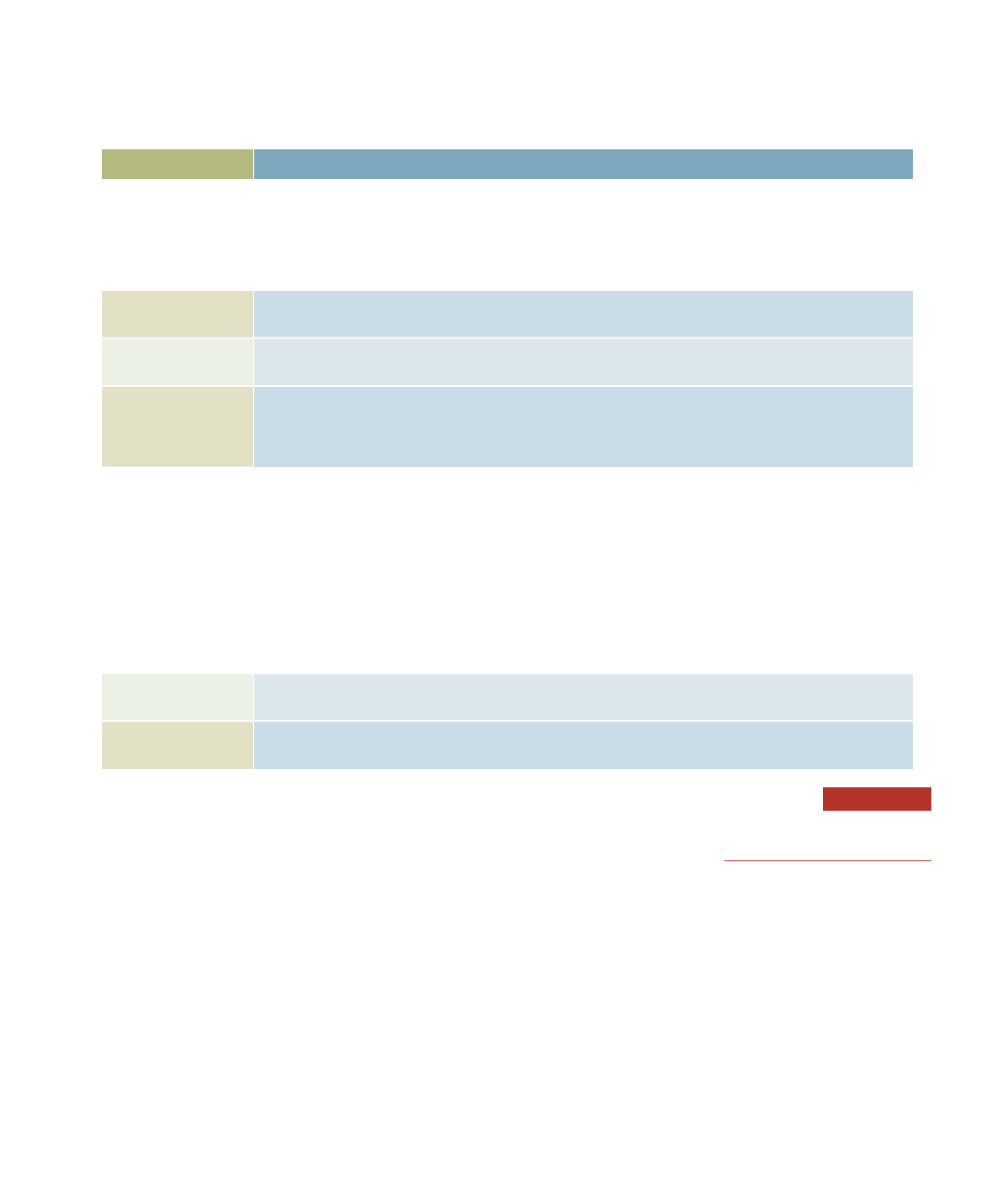Information Technology Reference
In-Depth Information
people can make poor decisions, costing thousands, or even millions, of dollars. If an inac-
curate forecast of future demand indicates that sales will be very high when the opposite is
true, an organization can invest millions of dollars in a new plant that is not needed. Fur-
thermore, if information is not relevant, not delivered to decision makers in a timely fashion,
or too complex to understand, it can be of little value to the organization.
Characteristics
Definitions
Accessible
Information should be easily accessible by authorized users so they can obtain it in the right format
and at the right time to meet their needs.
Accurate
Accurate information is error free. In some cases, inaccurate information is generated because
inaccurate data is fed into the transformation process. (This is commonly called garbage in,
garbage out [GIGO].)
Complete
Complete information contains all the important facts. For example, an investment report that does
not include all important costs is not complete.
Economical
Information should also be relatively economical to produce. Decision makers must always balance
the value of information with the cost of producing it.
Flexible
Flexible information can be used for a variety of purposes. For example, information on how much
inventory is on hand for a particular part can be used by a sales representative in closing a sale,
by a production manager to determine whether more inventory is needed, and by a financial
executive to determine the total value the company has invested in inventory.
Relevant
Relevant information is important to the decision maker. Information showing that lumber prices
might drop might not be relevant to a computer chip manufacturer.
Reliable
Reliable information can be trusted by users. In many cases, the reliability of the information depends
on the reliability of the data-collection method. In other instances, reliability depends on the source
of the information. A rumor from an unknown source that oil prices might go up might not be reliable.
Secure
Information should be secure from access by unauthorized users.
Simple
Information should be simple, not overly complex. Sophisticated and detailed information might not
be needed. In fact, too much information can cause information overload, whereby a decision maker
has too much information and is unable to determine what is really important.
Timely
Timely information is delivered when it is needed. Knowing last week's weather conditions will not
help when trying to decide what coat to wear today.
Verifiable
Information should be verifiable. This means that you can check it to make sure it is correct, perhaps
by checking many sources for the same information.
Table 1.2
Depending on the type of data you need, some characteristics become more valuable
than others. For example, with market-intelligence data, some inaccuracy and incompleteness
is acceptable, but timeliness is essential. Sutter Health, for example, developed a real-time
system for its intensive care units (ICUs) that can detect and prevent deadly infections, saving
might alert you that competitors are about to make a major price cut. The exact details and
timing of the price cut might not be as important as being warned far enough in advance to
plan how to react. On the other hand, accuracy, verifiability, and completeness are critical for
data used in accounting to manage company assets such as cash, inventory, and equipment.
Characteristics of Valuable
Information
The Value of Information
The value of information is directly linked to how it helps decision makers achieve their
for a new product. If you use this information to develop the new product and your company
makes an additional profit of $10,000, the value of this information to the company is
$10,000 minus the cost of the information. Valuable information can also help managers









